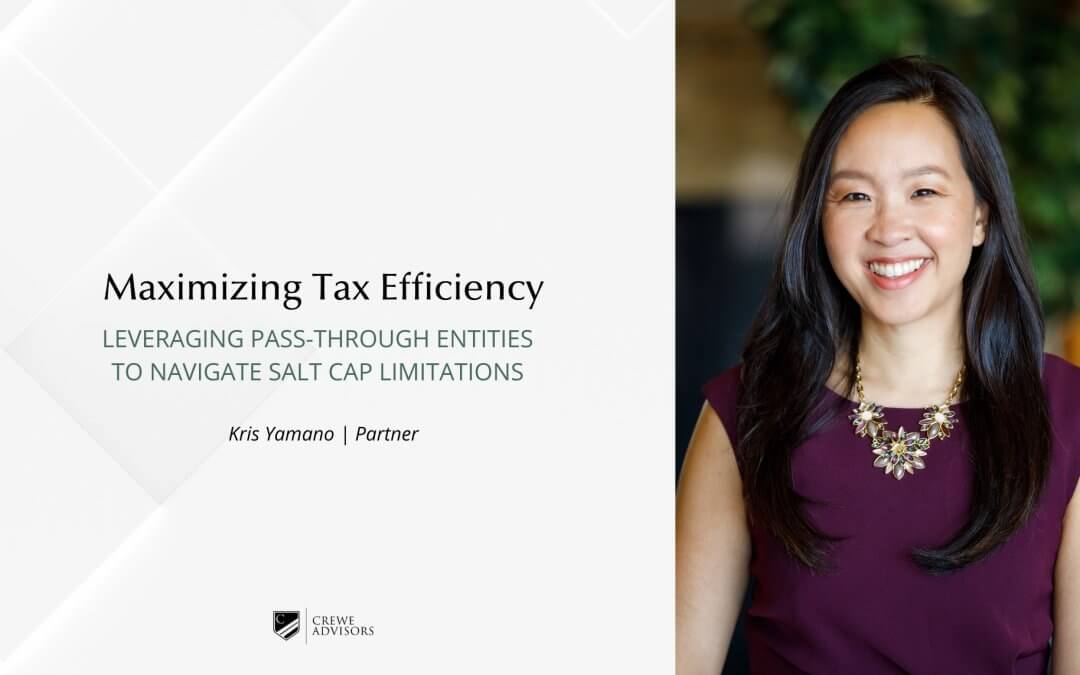High-net-worth families face unique challenges and complexities when it comes to managing their wealth and ensuring a smooth transition of assets across multiple generations. One effective way to address these issues and foster cohesiveness among family members is by hosting regularly occurring family meetings. Successful families can create lasting legacies that span several generations by executing strategic wealth planning techniques and employing a long-term approach to educating and skill building. Family meetings provide more than an opportunity to get everyone together – they should be issue-focused and used to accomplish one or more objectives as discussed below.
Wishful Thinking is Not a Strategy –
The Purpose(s) of the Meeting
In previous generations, parents avoided speaking with their children and grandchildren about their wealth out of fear this would create a sense of entitlement in younger generations. The result was suboptimal – due to a lack of communication and education, heirs often inherited the complexities of their family wealth without any preparation, resulting in a quick erosion of the family’s assets. Today, it has become clear that families who develop a plan to prepare the next generation and communicate these plans are better equipped to successfully transition the responsibilities of their wealth. Family meetings have become an important tool in facilitating this transition. Here are a few reasons why families should consider formal family meetings as part of their wealth succession strategy.
- 1. Fostering Communication and Transparency:
One of the main pillars of family meetings is open and honest communication. Wealthy families often encounter complicated financial decisions, tax planning, estate management, and philanthropic endeavors. Family meetings create a platform to discuss these issues, ensuring all members are well-informed, have the opportunity to voice concerns and work together through any challenges. Transparent communication allows for the sharing of ideas, concerns, and aspirations, facilitating better decision-making that aligns with the family’s values and goals. - 2. Strengthening Family Union:
Wealth does not guarantee family harmony. Family meetings provide a structured setting for family members to connect, share experiences, and deepen their relationships. These gatherings encourage multi-generational dialogue, where wisdom and knowledge can be passed down to younger family members. By fostering trust and understanding, family meetings promote a sense of belonging, teamwork, and shared responsibility, which are crucial for preserving wealth across generations. - 3. Education:
For families with substantial wealth, educating the next generation on everything from basic financial literacy to complex balance sheet management and the responsibilities that come with inherited wealth is critically important. Family meetings provide an opportunity to impart both knowledge and values, ensuring younger family members gain a comprehensive understanding of the family’s values, assets, and their role in stewarding the family wealth. Involvement in family meetings enables younger family members to learn from the experiences of their elders and gain a sense of purpose, preparing them to handle the responsibilities that lie ahead. - 4. Legacy Planning and Philanthropy:
Wealthy families often desire to leave a lasting impact that extends beyond the family. Family meetings are a forum to discuss and plan both family legacy and philanthropic initiatives, allowing the family to identify what’s important to them and develop a plan to support organizations aligned with their values. By involving all family members in the decision-making process, these meetings help cultivate a shared sense of purpose and a strategy that reflects the family’s collective mission. - 5. Resolving Conflict and Mitigating Risks:
Higher levels of wealth can introduce complexities and conflict to the family dynamic – including differing ideals and values, philosophies on how the family’s wealth should be deployed, and communication styles. Family meetings serve as a proactive means to manage conflict, clarify expectations, and establish strategies for resolving disagreements. By openly discussing potential risks and challenges, families can develop contingency plans and minimize any potential consequences.
Family meetings play an important role in cultivating strong family bonds, maintaining open lines of communication, educating future generations, and planning for the long-term success of the family’s legacy goals. By investing time in these meetings, families can build a solid foundation that will enable their prosperity to endure for generations to come. Whatever goals the family may have, a great advisor can go a long way in helping families work through the process of planning for and executing effective family meetings. Stay tuned for the second post of this 2-part series where we’ll discuss best practices and tips on how to work with your advisor to host a successful family meeting.










